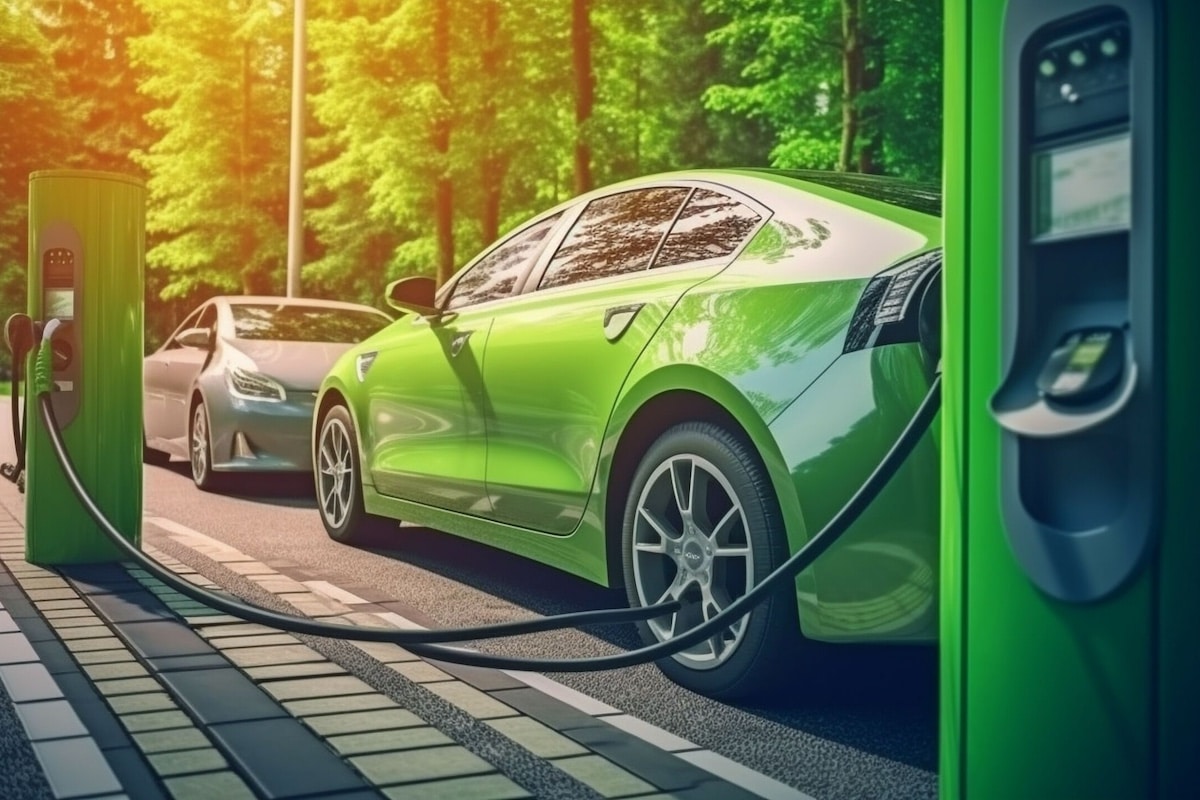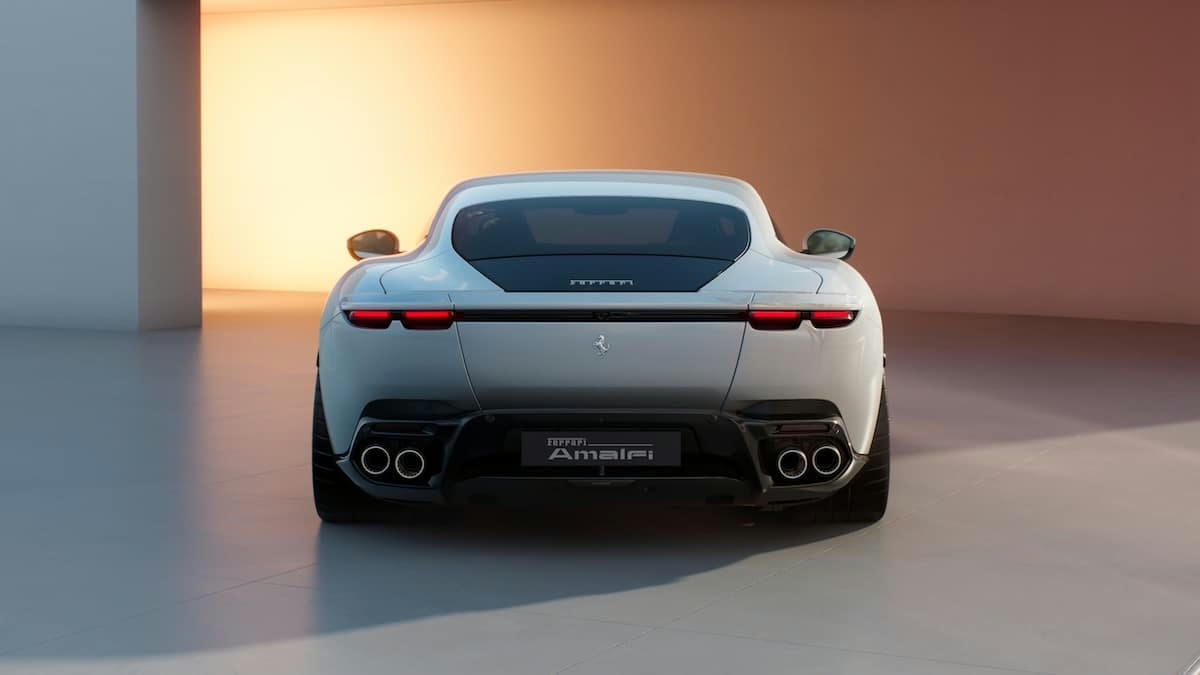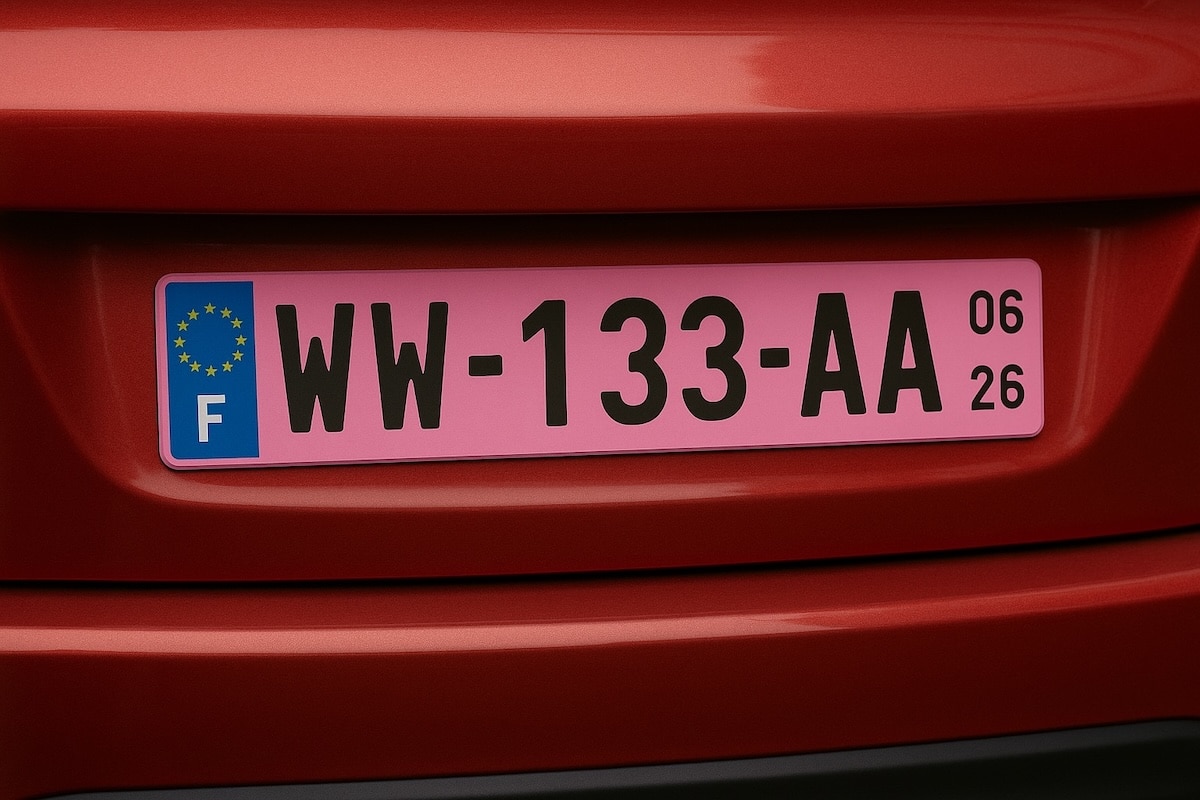Poland, a symbol of a failed electric transition
This page is translated from the original post "La Pologne, symbole d’une transition électrique ratée" in French.

Among the most dynamic countries in Eastern Europe, Poland, a land of automobile enthusiasts, had everything to succeed.
The PSNM (Polish Association for New Mobility) provides a rather bleak assessment of the electric car market in Poland. The year 2024 marks a negative turning point for electric mobility in Poland, with unprecedented decreases in registrations of 100% electric vehicles. Sales of electric passenger cars (BEV) declined by 3.5% compared to 2023, and light commercial vehicle sales dropped by 29%. With a market share of BEVs limited to 3%, Poland ranks among the last countries in the European Union, ahead only of Croatia and Slovakia.
The premature suspension of the “Mój Elektryk 1.0” program, which is quite similar in form to the French Ecological Bonus, replaced by an inadequate and poorly consulted version 2.0, hampers market development. According to the PSNM, the flaws of the new scheme threaten to waste a large part of the 1.6 billion PLN allocated, equivalent to just under 400 million euros. Nonetheless, the announced subsidies for electric trucks and their infrastructure, with a budget of 6 billion PLN, represent an opportunity to revive the sector and meet the requirements of the AFIR (EU Alternative Fuels Regulation).
The PSNM also highlights significant gaps in infrastructure. The compliance rate with European obligations for 2025 and 2027 remains extremely low: 9% for major networks and 3.5% in urban areas. For heavy goods vehicles, it is almost zero. Additionally, public tenders are not very favorable, and lengthy administrative procedures hinder the installation of charging stations.
In urban areas, the situation remains concerning. Electric bus registrations have fallen by 41%, with only 178 new vehicles recorded in 2024. In 19 of the 37 major cities, public fast chargers account for less than 20% of available charging points.
The lack of a coherent national strategy for electromobility and the absence of clear economic targets jeopardize the future of the sector. Given the current challenges, Poland risks further stagnation in 2025.
READ ALSO: The Polish electric car is on shaky ground
We also suggestthese articles:
Also read





